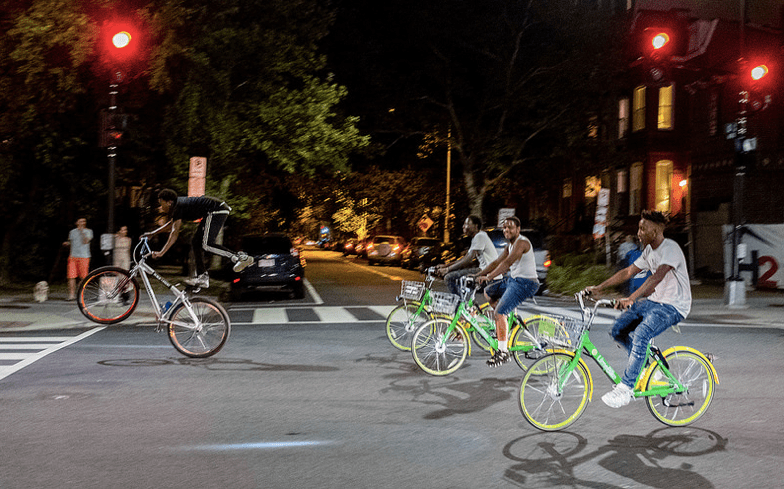by Alex Semidey

In response to this article published in Streetsblog USA
The recent events at Starbucks have brought much-needed attention to how implicit bias impacts the lives of people of color every day (I worked at that Starbucks! More on that next month…). In bike share, our customer service team from the beginning has recognized this issue from customer calls and explicitly will not feed the flames of implicit bias from the public.
Subtle overtones of bias related to bike share have been there from the beginning in the US. There are many, many examples of affluent neighborhoods in different cities (New York’s “finest neighborhoods are begrimed by these bikes, ” Washington DC’s Lincoln Park) not wanting bike share stations with implications that it will attract people not wanted there – crime, vandalism, noise.
At Bike Transit, one of the ways customer service encounters bias is when we receive communications regarding folks who “don’t appear to belong here” or are “occupying the bike space”. Most often they allude to folks who are almost always African American men or men of color. Unless there is an actual concern with physical confrontation or intimidation, we try to navigate why they’re concerned and that’s typically where the convo ends. Once you push back on these ideas and don’t allow them power it disarms and dissuades the user from attempting to use us a personal police force for their own suspicions. Our customers are users from all walks of life: race, gender identity, sexual orientation and class. We do not divulge info on a rider just because they appear to look “out of place” on our bikes as there is no ideal rider and we do not subscribe to anyone’s normative outlook on what a bikeshare rider should look like.